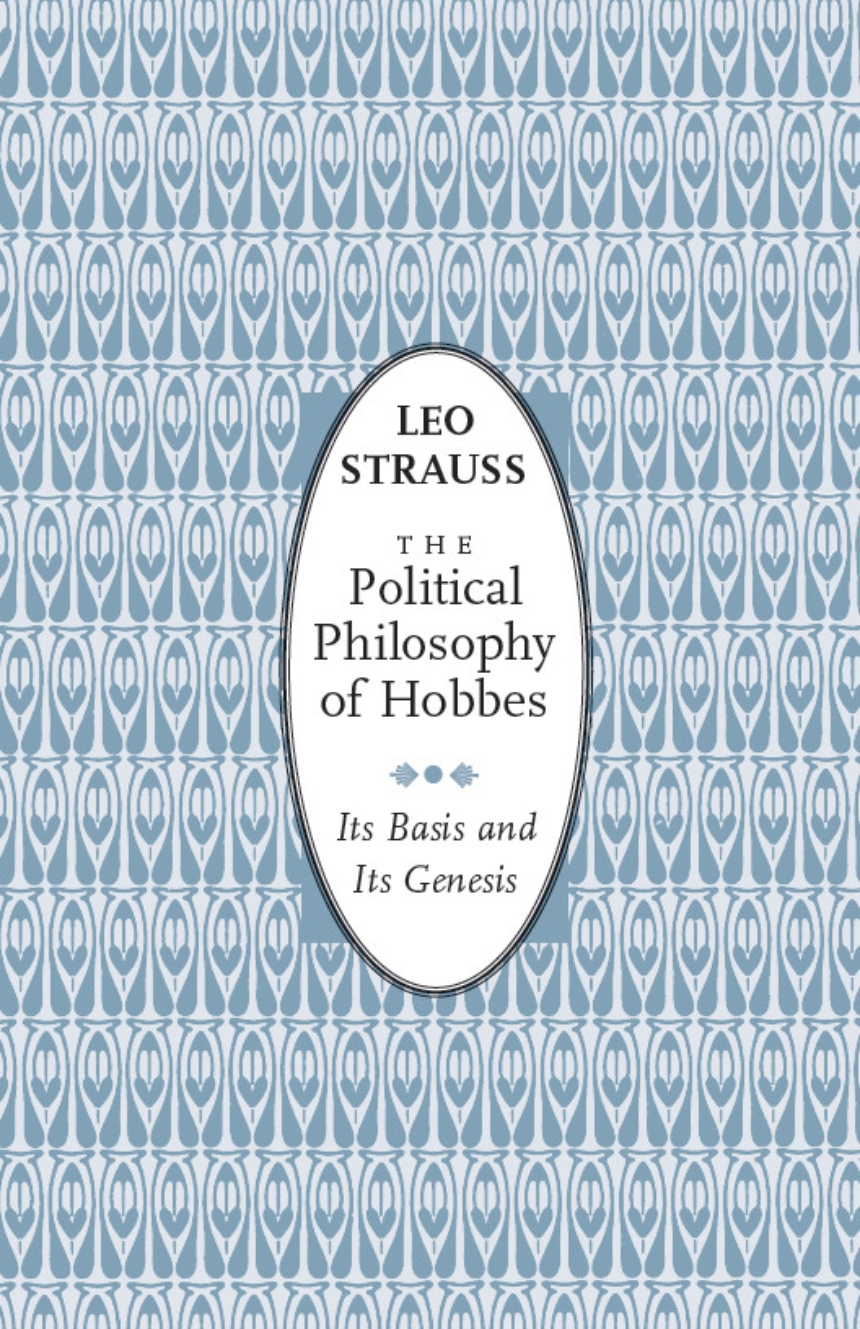The Political Philosophy of Hobbes
Its Basis and Its Genesis
In this classic analysis, Leo Strauss pinpoints what is original and innovative in the political philosophy of Thomas Hobbes. He argues that Hobbes’s ideas arose not from tradition or science but from his own deep knowledge and experience of human nature. Tracing the development of Hobbes’s moral doctrine from his early writings to his major work The Leviathan, Strauss explains contradictions in the body of Hobbes’s work and discovers startling connections between Hobbes and the thought of Plato, Thucydides, Aristotle, Descartes, Spinoza, and Hegel.
190 pages | 5-1/2 x 8-1/2 | © 1996
Philosophy: History and Classic Works
Political Science: Classic Political Thought
